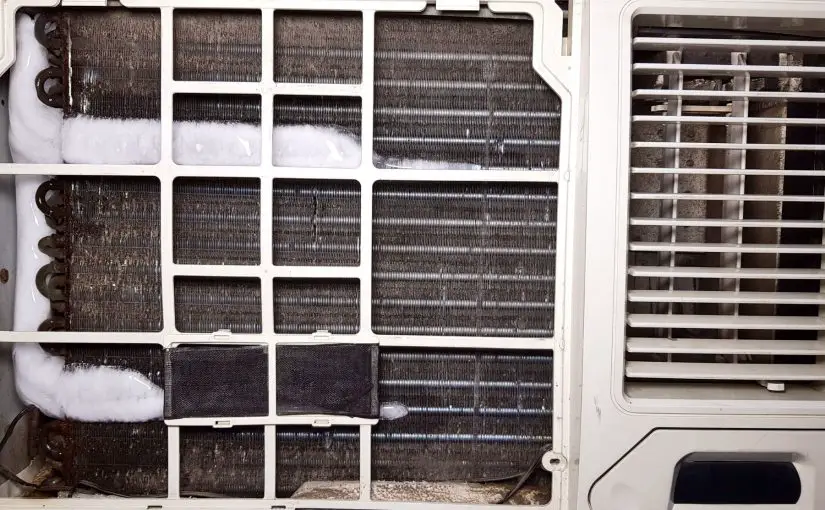When it comes to staying cool during the hot summer months, many people rely on window air conditioners to keep their homes comfortable.
However, some may wonder what happens if they don’t properly vent their window air conditioner.
In this article, we will explore the potential consequences of not venting a window air conditioner and discuss steps you can take to prevent them.
Table of Contents
 What happens if you don’t vent a window air conditioner?
What happens if you don’t vent a window air conditioner?
1.Reduced Efficiency:
Not venting your window air conditioner can lead to reduced efficiency, meaning that the unit will have to work harder to cool your home.
This can cause an increase in energy costs and can also lead to a shorter lifespan for the unit.
2.Moisture Build-Up:
Another potential consequence of not venting a window air conditioner is moisture build-up.
This can lead to mold and mildew growth, which can cause health problems for those living in the home.
Additionally, moisture build-up can also cause damage to walls and floors.
3.Poor Air Quality:
If you don’t vent your window air conditioner, the unit can circulate dirty air throughout your home.
This can lead to poor air quality and can also cause respiratory problems for those living in the home.
4. Reduced Cooling:
Not venting your window air conditioner can also lead to reduced cooling.
This is because the unit will not be able to properly remove hot air from your home, which can make it difficult to achieve the desired temperature.
5.Difficulty in cleaning:
Window air conditioners also require regular cleaning, if not vented properly, it may become difficult to clean the unit, which can lead to accumulation of dirt and dust making it less efficient and even dangerous if not cleaned properly
To prevent these potential consequences, it is important to properly vent your window air conditioner.
This can be done by ensuring that the unit is installed in a well-ventilated area and by regularly cleaning and maintaining the unit.
 In summary, not venting a window air conditioner can lead to reduced efficiency, moisture build-up, poor air quality, reduced cooling and difficulty in cleaning the unit.
In summary, not venting a window air conditioner can lead to reduced efficiency, moisture build-up, poor air quality, reduced cooling and difficulty in cleaning the unit.
To prevent these consequences, proper ventilation and regular maintenance is important.

